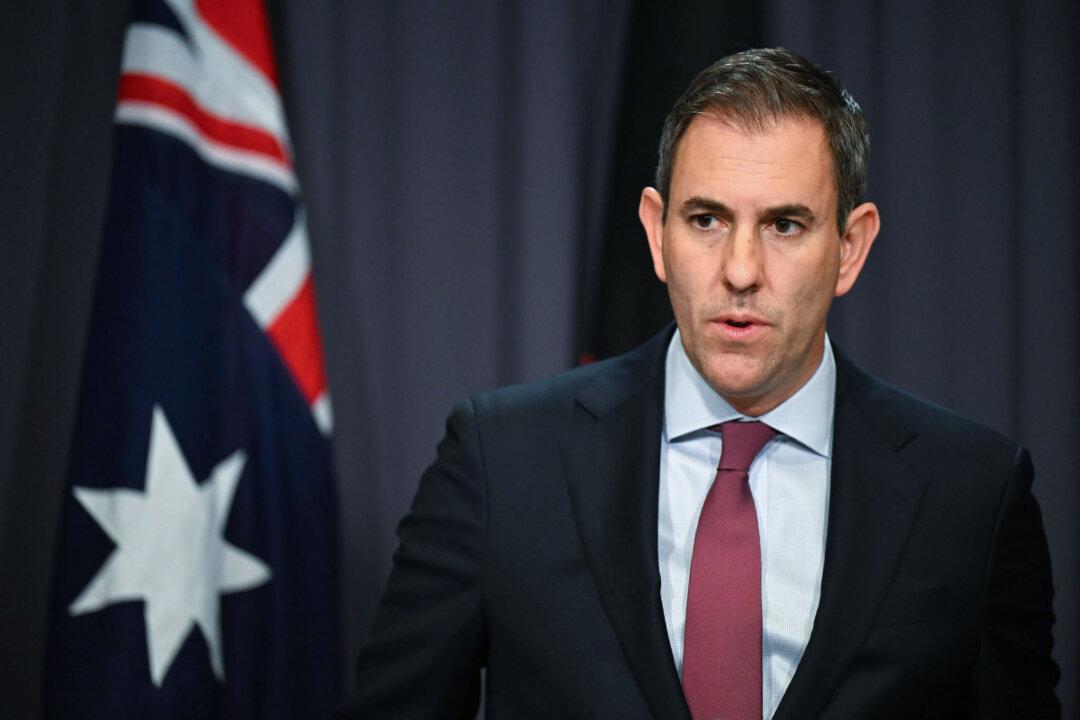In a renewed push for a tariff exemption ahead of Australia’s federal election, Treasurer Jim Chalmers has stepped up Canberra’s case with Washington.
Chalmers met with U.S. Treasury Secretary Scott Bessent and National Economic Council Director Kevin Hassett in Washington on Feb. 25 to discuss the impact of tariffs on Australian steel and aluminium exports.





